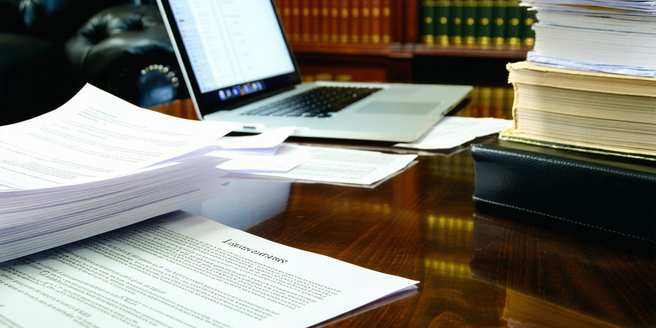Negotiation Tips For Lower Lease Costs

Understanding the Leasing Process
The leasing process begins by understanding the lease terms and conditions. It’s vital to know the various lease types, such as gross, net, or modified net leases, as it impacts the financial responsibilities. Engage with a professional, such as a real estate broker or even a lawyer, to comprehend intricate terms and assess your needs thoroughly. It’s the due diligence phase where you gather pertinent property details, landlord history, and property performance metrics. Knowing these elements helps you avoid pitfalls and align the lease terms with your business strategy. This foundational knowledge empowers you to make informed decisions, mitigating risks, and ensuring that the lease is favorable and sustainable.
Researching Market Rates
Market research before engaging in lease negotiations is indispensable. By analyzing the market rates, you gain critical insights into the going lease prices within your desired location, which arms you with facts during negotiations. Utilize platforms and local listings to compare similar properties, focusing on amenities, square footage, and location benefits. Reach out to real estate professionals for insider knowledge, as they often have access to unlisted properties or emerging market trends. Understanding the factors influencing rent prices, like demand influx or economic shifts, helps gauge your achievable negotiation band. Armed with such data, you can confidently present your case, advocating for a fair market lease.
Identifying Your Leasing Priorities
When approaching lease negotiations, it’s crucial to identify your leasing priorities first. This involves defining non-negotiable elements central to your business operations: location, budget, facility requirements, and growth aspects. Begin by listing must-haves and negotiable points, which can greatly influence the discussions. Consider factors like proximity to key customers or suppliers, transportation links, or specific infrastructural needs like technology setup or layout. Align these priorities with long-term business goals to ensure the lease supports, not detracts from, growth plans. Being clear on your priorities helps you stand firm on critical aspects while allowing flexibility on less critical terms.
Preparing for Lease Negotiations
Adequate preparation is crucial when heading into lease negotiations. First, gather all necessary documentation and data to support your negotiation points. This includes market rate comparisons, business financial statements, and a clear justification of rent offers. It’s important to thoroughly understand the terms and conditions of your current lease agreement as well. Build a negotiating team if possible, comprising experts like financial advisors or legal counsel, to offer diverse perspectives. Establish your negotiation objectives beforehand, and outline a clear strategy with possible concessions you’re willing to offer. Anticipate potential landlord counterarguments, preparing responses that reinforce your position without jeopardizing key negotiations, thus ensuring a comprehensive, strategic approach.
Effective Communication Techniques
Effective communication is paramount to successful lease negotiations. It’s essential to express your needs and constraints clearly while understanding the landlord’s perspective. Active listening during negotiations helps in identifying opportunities for mutual gain. Use open-ended questions to foster a dialog that uncovers both parties’ priorities and possible compromises. Being well-prepared with relevant documents and data can significantly boost your negotiation position. Employ assertive yet respectful language, ensuring your points are taken seriously while maintaining a cordial atmosphere. Crafting a compelling narrative around your business’s value can help persuade landlords of your reliability as a tenant. Always document interactions and agreements to avoid misunderstandings.
Finalizing the Lease Agreement
Finalizing a lease agreement marks the culmination of your negotiation efforts. Ensure every term discussed is accurately reflected in writing. Review the agreement meticulously, preferably with legal assistance, to spot discrepancies or unfavorable conditions. Pay close attention to clauses concerning rent escalation, maintenance responsibilities, and renewal options. It’s vital to understand the liabilities and exit strategies embedded in the lease. Address any ambiguous terms or conditions that could lead to future conflicts. Once satisfied, formally execute the agreement, ensuring both parties sign all required documents. Keeping records of all versions of the contract may be beneficial for future reference.